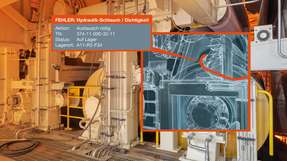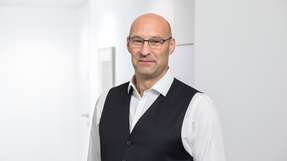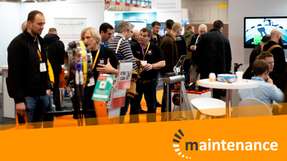P&A:
Three years – from Achema to Achema – that is an exciting period of time in the world of process industry. What has happened in your company during this time, Dr Köster?
Dr. Ralf Köster, Bartec:
A lot! Our stand at the trade fair will reflect this. Increasing technology from the consumer area is finding its way into zone 1 and zone 2 in hazardous areas. The trend is moving strongly towards mobile communication. And as a result the importance of networking and data security is also increasing. As suggested by our slogan "Bartec goes mobile" we are therefore featuring devices and concepts around this theme as well as specific practical applications at Achema. We have also made significant invest‑ments in this field – in terms of people, technology and companies.
What does this mean in concrete terms?
As part of our "buy and build" strategy, we have rounded out our portfolio for explosion protection even further. About six months ago, we purchased the Italian Top Group, which consists of Feam, Nuova ASP and Fenex. This is the largest acquisition in our company's history to date. I am certain, that we will break through the 400 million Euro sales barrier next year and therefore clearly be the number two in the global explosion protection market. The Group will continue to grow.
Which criteria do you apply when deciding on an acquisition?
As a matter of principle we only purchase companies working in our field but which are not in need of restructuring and whose products we can market via our global sales network. They must also have a strong management team.
The low oil price does not leave oil industry suppliers untouched. Have you already noticed the effect?
Of course we notice a somewhat more restrained demand in the oil and gas sector. But the effects on us are much less than for many other suppliers. Many refineries are working flat out even when the oil price is falling. Output is high and therefore wear on the equipment used is severe. Companies must continue to invest as normal to guarantee the safety in hazardous areas and retain their individual operating licence. On the other hand, the chemical, pharmaceutical and energy industries are moving very strongly upwards.
How dependent is your business on the construction of plant on green-field sites?
Only to a very limited degree. Given the increasing demand across the world and the capacity we have, we think twice before we block out a large part of our resources with a major project. We give priority to our existing customers and medium-sized projects.
This includes many brown-field projects and, unlike green-field projects, these are not in decline.
Quite the contrary. We see considerable growth potential here. As fewer new investments are being made in the upstream area but oil and gas companies nevertheless need volume, existing facilities are being used right up to their full capacity. This automatically generates an increasing demand for our products.
For a company of your size, but with 35 sales units, you are very active in the international arena. Where do you see your main focus?
We are seeing the strongest growth in Asia and Asia Pacific but China, the Middle East and North America are also growing well. On the other hand, growth in Europe and Latin America is subdued.
Where will your range of mobile solutions find the fastest acceptance?
We anticipate that the fastest acceptance will be in the USA. Americans are particularly technophile, as demonstrated by the number of projects we are already involved in there. But we are also focussing on the markets of the Middle East and Asia Pacific. Our largest customers are the global oil and gas companies along with the international chemical and pharmaceutical groups. The decision on whether our products are listed is being increasingly taken in a central location.
The world's leading chemical company is a German group.
And our customer for many years!
... and the group does not have a reputation for embracing new technologies.
We are of course in close contact with this customer and introduce our latest technologies to the company at a very early stage. We also do this so that we can obtain feedback and exchange ideas before we take the final steps in our development process. This is a very good foundation for our business as new technologies must meet customers' requirements and provide a concrete benefit, which is demonstrable in financial terms.
The latest new developments at the present time are certainly not just about launching a sixth generation of scanners after five previous generations. Products for mobile communication imply completely new applications.
This is a great challenge for us and is why we also invest heavily in human resources, introducing a new way of thinking into the company through new staff. Our Android phone, for example, offers something unique in the world. We have to address the added value and application opportunities for the customer. But we also must first establish this way of thinking in the minds of our 600 or more sales staff.
The hardware is not everything. There's also the whole gamut of functionalities. What's your strategy – self-programming or programming by others?
A combination of the two. On the one hand, we use platforms and standard apps. The key point is mobile access to the major ERP systems. On the other hand, we offer in-house developments – apps that cannot be bought in the market, especially when core competences are involved, for example high density video conferencing. That's why mobile communication is also about data transfer not just about phoning. In specific terms this means having crystal clear images for example of an oil platform which can be transmitted during a video conference and can even show hair-line cracks during live streaming. The excellent quality, which we can offer with our mobile devices, saves our customers a helicopter flight to a platform or a day-long production outage. In these circumstances, the costs of mobile technology are negligible.




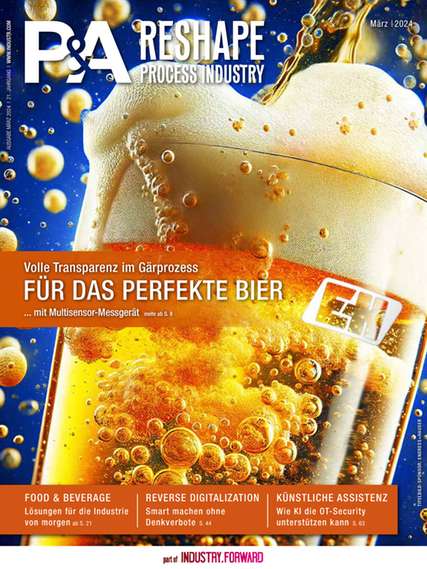
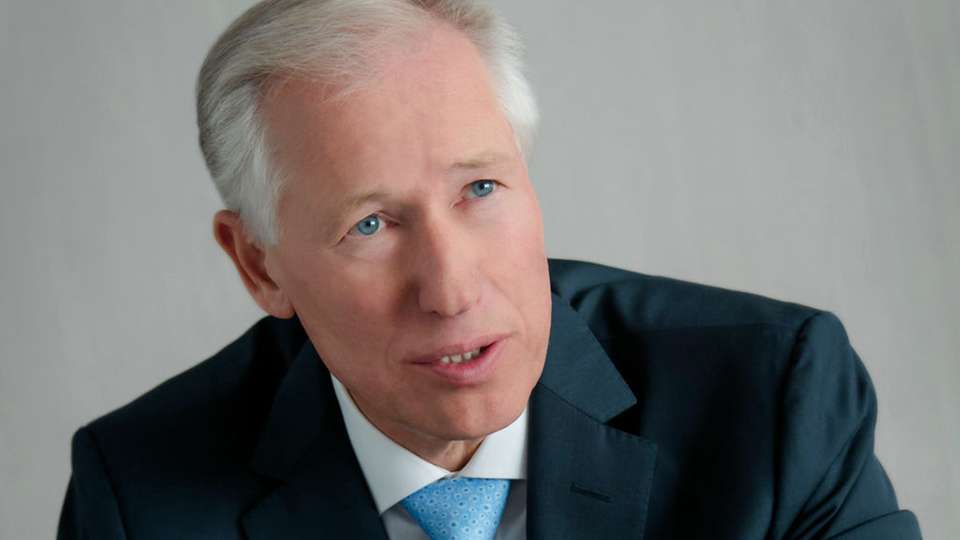
.jpg)

